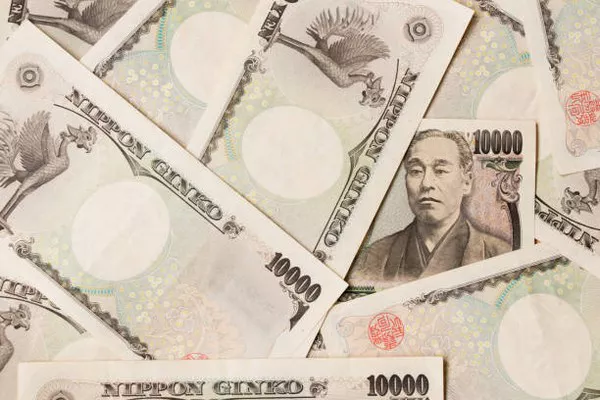On Friday, the AUD/JPY pair continued to trade in negative territory, although it managed to pare some of its intraday losses. The prevailing risk aversion sentiment across financial markets was fueled by reports from ABC News indicating that Israeli missiles had targeted a site in Iran. This development underscored concerns about geopolitical tensions, weighing on risk-sensitive assets.
Earlier in the day, the Japanese Yen (JPY) received minor support from Japan’s inflation data release. The National Consumer Price Index (CPI) for March, released by the Japan Statistics Bureau, showed a year-over-year increase of 2.7%, slightly lower than February’s 2.8% rise. This index serves as a crucial gauge of price fluctuations in goods and services purchased by households.
Adding to the JPY’s strength were hawkish remarks made by Bank of Japan’s (BoJ) Governor Kazuo Ueda during a press conference on Thursday. Ueda hinted at the possibility of raising interest rates again should significant declines in the Yen substantially boost inflation. This acknowledgment underscores the central bank’s keen attention to currency movements and their potential impact on monetary policy decisions.
Conversely, the Australian Dollar (AUD) experienced losses on Friday, accompanied by a decline in the ASX 200 Index. Additionally, Australia’s 10-year government bond yield retreated below 4.3%, stepping back from over four-month highs. This pullback was attributed to soft domestic jobs data, which reinforced a dovish outlook on the Reserve Bank of Australia’s (RBA) monetary policy stance.
In summary, amidst risk aversion sentiment and hawkish signals from the Bank of Japan, the AUD/JPY pair remains under pressure, with the Australian Dollar facing headwinds from domestic economic concerns. Traders will continue to monitor geopolitical developments and central bank commentary for further insights into currency movements.


